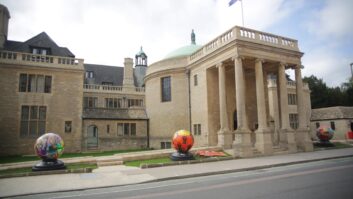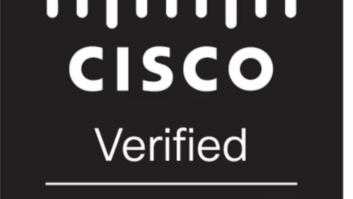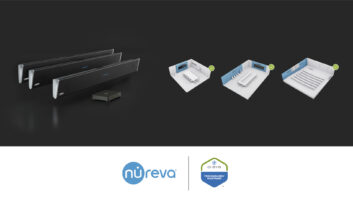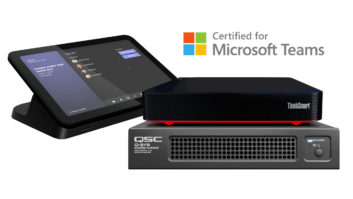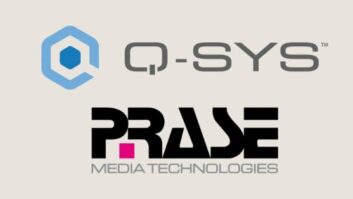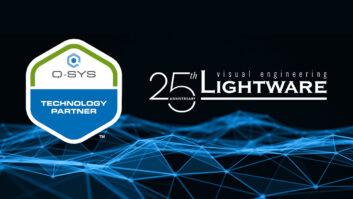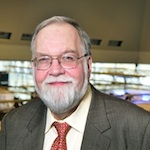
Q: This year, ISE is on course both to break its own attendance record and that of European AV shows per se. How do you assess the growth of the show?
A: What’s particularly thrilling this year is that we are seeing ISE reach the same scale as the US [InfoComm] show. Simultaneously, there is a strong blend of residential and commercial that is very appropriate to the European market.
I think that [ISE joint sponsors] CEDIA and InfoComm both see ISE as their show in Europe. From our perspective, there has certainly been a parallel between the growth of our membership in Europe and the development of ISE during the last few years. The event allows us to meet members and potential members, as well as providing an educational delivery system.
Q: As part of its educational contribution to the show, InfoComm brought its Future Trends summit to ISE for the first time this year. What kind of feedback have you received to the event so far?
We have had a very good response and, [bearing in mind] that this was the first year, we were pleased with the number of attendants. The aim this time and going forward is to cover a range of technologies – audio, control, etc – and consider how they are going to evolve in the future, but always with a firm focus on how this impacts users from business perspective. The intention is that it will be an annual event at ISE.
Q: InfoComm’s approach to education has undergone significant revision during the last two years. What has been the primary component of these changes?
A: Historically, InfoComm has done a lot of classroom-based education; it’s what we know from school and it is a great way to learn. But what we found is that it can be very difficult, especially in these economically challenging times, to take someone out of the workforce and lose their productivity for three working days. Accordingly, we have been working towards a virtual classroom delivery system that allows people to take 1.5hrs out of their schedule a couple of times a week rather than having to commit to several days in a row.
We still do some classroom sessions, but the overall feedback is that people are very enthusiastic about the virtual concept.
Q: Finally, what’s the latest on InfoComm’s standardisation and best practices work?
A: We have been working on standards for about 2.5 years and now have two standards that have been through the ANSI approvals process: Audio Coverage Uniformity in Enclosed Listener Areas (ANSI/INFOCOMM 1M-2009) and Standard Guide for Audiovisual Systems Design and Coordination Processes (ANSI/INFOCOMM 2M-2010). Several more are currently in development.
Developing a standard and receiving the approvals is a very long and time-consuming basis, and can involve 400 or 500 people over the duration. It represents a tremendous volunteer commitment, and one that is very much appreciated.
